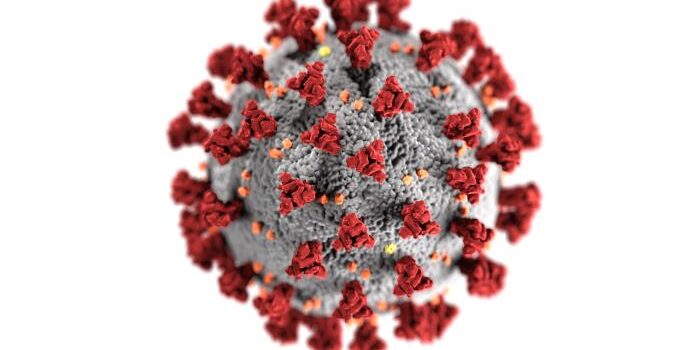
The first confirmed United States case of Omicron was detected yesterday, December 1.
Dr. Anthony Fauci, Director of the National Institute of Allergy and Infectious Diseases, said the variant was found in an individual who traveled from South Africa on November 22 and tested positive for COVID-19 seven days later on November 29.
This individual is being self-quarantined and people who he was in close contact with have been tested for COVID-19 and have tested negative.
Fauci said the individual was fully vaccinated, but had not received the booster shot yet. This person is experiencing mild symptoms, which are improving at this point.
The California and San Francisco Public Health Departments confirmed the case was of the Omicron variant.
Scientists are currently working on getting more information on how this variant spreads, the severity of this variant, and are seeing if current vaccines can fight it.
The United States has now restricted travel from South Africa, Botswana, Eswatini, Lesotho, Malawi, Mozambique, Namibia, and Zimbabwe.
Cases of the Omicron variant have also now been confirmed in Botswana, the United Kingdom, Italy, Germany, Belgium, Israel, the Netherlands, Australia and Hong Kong.
It is very important to get vaccinated, wear a mask, and social distance as these are ways to help Omicron from spreading.
“This pandemic will not end until we have global vaccinations,” said President Joe Biden.
Dr. Stephen Hoge, President of Moderna, said he hopes that the Moderna vaccine holds up against Omicron as they gather new data over the next few weeks.
“Our hope, at least in Moderna, is that we’re going to continue to see the highest efficacy overall and continue to see the boosters push that even higher,” said Hoge.
Hoge said the vaccines that we’ve all been benefiting from may hold up well and might be all we need in the long run, but more data is needed to confirm this.
“This particular Omicron variant is the first one that really causes us significant concern because of the number of mutations it has, but a lot of this is just we don’t have data yet, so the concern is more anticipatory,” Hoge said.